Tap into the opportunity of Sync Licensing to maximize the earning potential of your music.
Our Mission
We have a simple goal at The Plug Music Administration: To help artists, songwriters, and composers make more money from their music, without giving up their rights.
what we do
We look at bids from music supervisors who want a specific kind of music, and pitch your songs to bids that are a good match. Your music will be included in genre-specific playlists and albums that can be pitched to marketing departments, ad agencies, and other media producers. By including your songs in a strong collection, we can increase the chances that your music will be considered for a major use. We’ve got your back, so you get more time to write songs.
You have flexibility with your music. We operate as a non-exclusive sync agency, meaning you’re free to use other services to represent your songs (as long as they are also non-exclusive).
We only make money if we generate income for you.
What is sync licensing?
When someone making visual media decides to incorporate a song into their content, they need to get a sync license. This grants them the right to "synchronize" that song with their visual content, whether it is a YouTube video, television series, or video game.
Traditionally, a content creator would have to go to a record label to get permission to use a particular recording, and then go to a publisher to get permission to use the underlying composition, and often times a popular song will be administered by multiple labels and publishers! This is a nightmare if you're trying to produce visual media. In most cases, content creators don't have time to spend days negotiating a deal between multiple labels and publishers, only to have the deal fall through. They need a simple solution.
That's where we come in.
At The Plug Music Administration, we see sync licensing as a huge opportunity for independent songwriters. We represent music creators who have written original songs and control their own recordings. This makes it significantly easier to score a sync deal, because content creators can quickly negotiate a price to license both the song and the master recording; without the back-and-forth negotiations.

